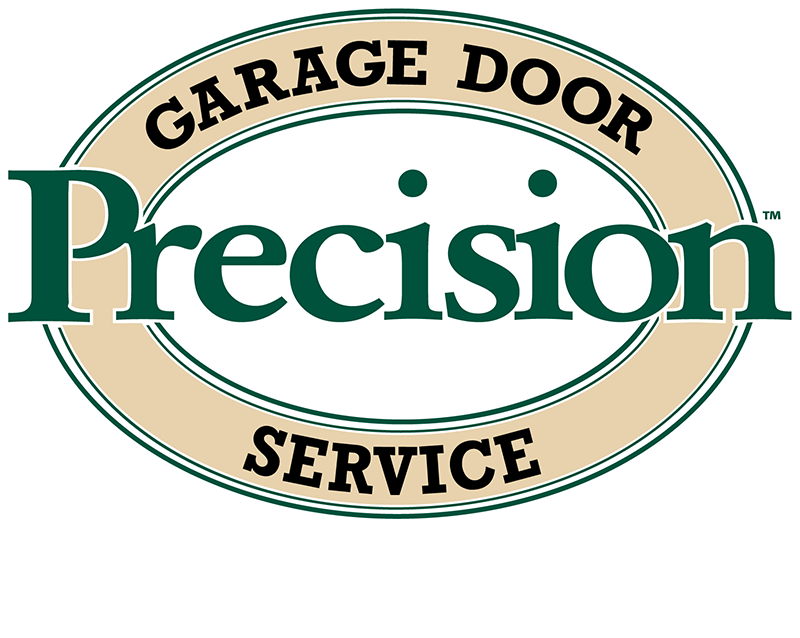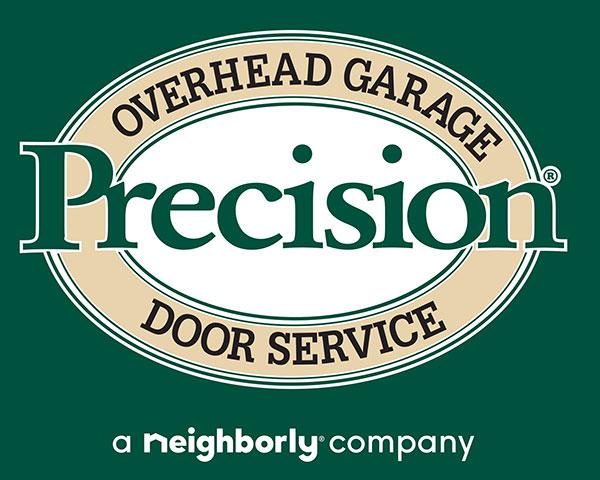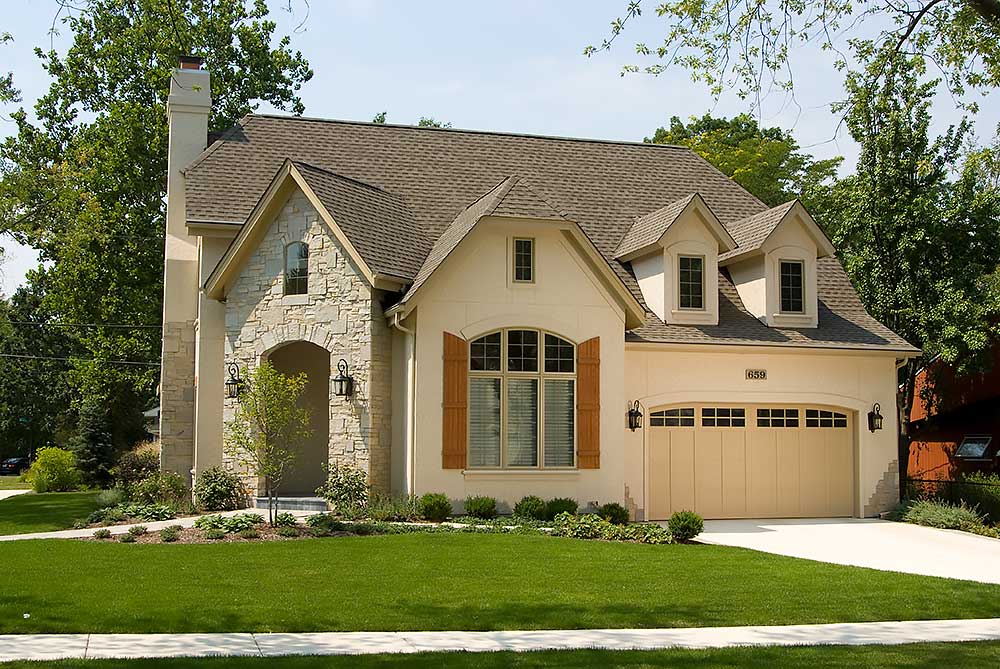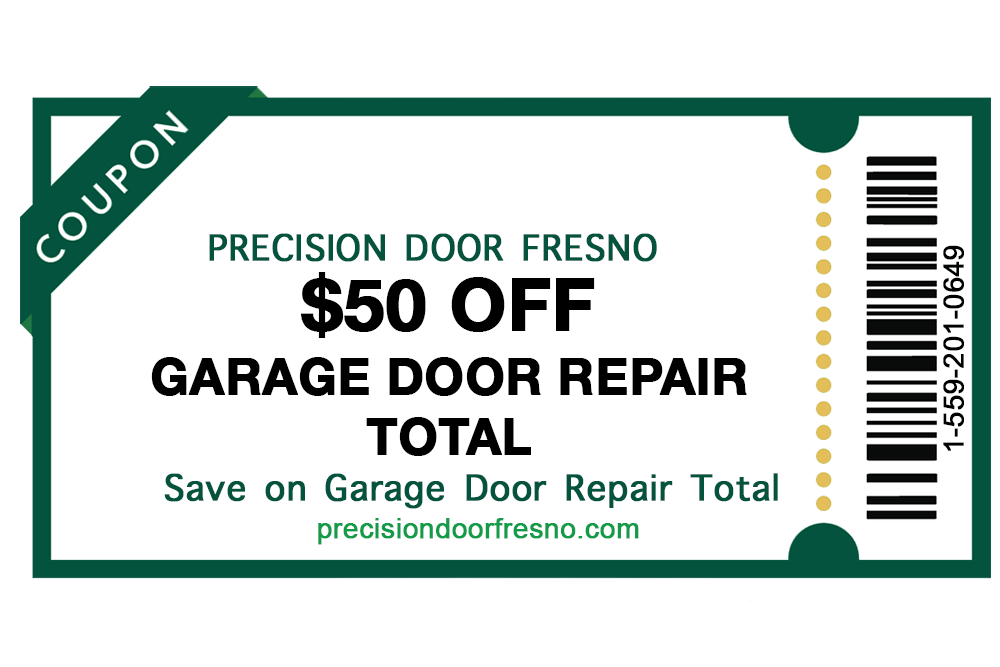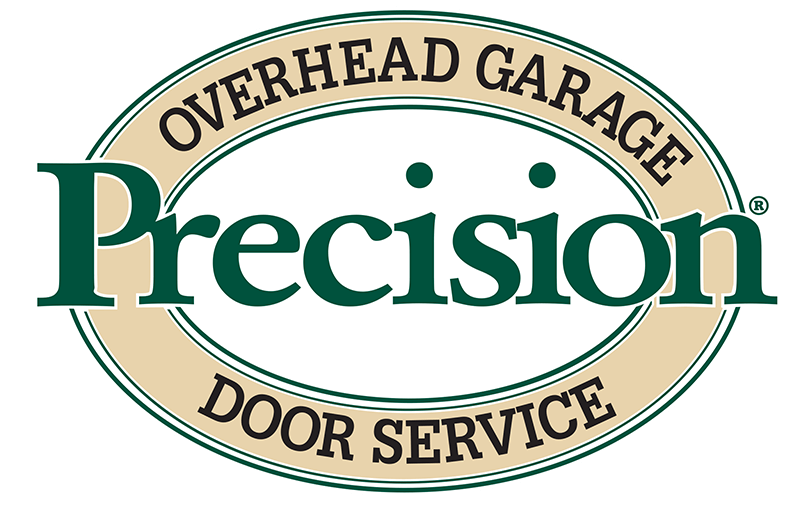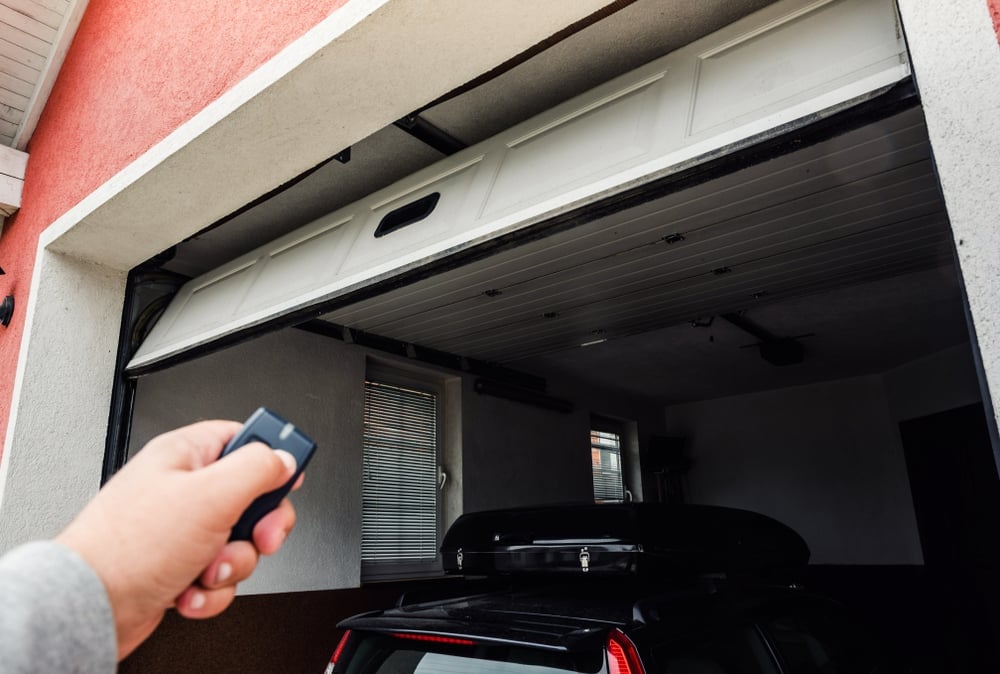
A Garage Door Opener With the Right Fit
How you use your garage and the reason behind your use can be accommodated by the right garage door opener. Some models offer heavy-duty power while others are suitable for lighter weight. When you factor in the type of garage door you have, finding a specific opener for it is necessary. Not all openers fit all doors and vice versa. The right fit makes your garage easier to use and its doors effortless to open and close. Below are your basic options.
DC-Powered Garage Door Openers
Overall, AC power causes appliances to operate with more residual noise and vibration than DC power does. Door openers that specifically use DC power are more efficient in energy use also. These DC-powered openers, due to their energy source, are constructed smaller, more durable, and with a faster processing time than AC motors. These models are also more technically advanced and easily integrated. They offer speed settings that give you control of the timing your door has. Additionally, your door will open and close with “soft adjustments” in each movement.
The Jackshaft-Drive Opener
The jackshaft opener is versatile and very compact. Since it packs a great deal of power in a small size, this motor is often mounted on a wall near the garage door. This opener, like many others, uses a system of pulleys and cables to pull or push via the power of an electric motor. With the help of a steel-tension bar, the opener’s exertion is released with enough resistance to raise and lower your garage door. The jackshaft garage door opener is ideal for garages with little interior space and low overhead obstructions. The jackshaft opener is fully inconspicuous.
The Belt-Drive Door Opener
As the most common type of garage door opener, the chain driver makes a lot of noise and can malfunction when you least expect it. On the other hand, there’s the belt-drive opener, which is used as an ideal substitute for the chain-drive motor. The belt drive isn’t too expensive, but it’s also not the most durable that people use. The rubber belt in this door opener might still work with a metal chain that results in noise. Its rubber belt, however, tends to make your door and motor work softer and thus less erratic. The belt is designed to rotate the gears of a trolly with as little friction as possible. This process enables the rubber belt to protect the parts inside.
The Chain-Drive Garage Opener
You can call the chain drive your classic, traditional opener for common garage doors. You might even find it packaged as a default opener with the garage door you have. For daily use, this motor is practical and remains relatively efficient. It just lacks convenience on a larger scale. One core positive in this model is its ability to be upgraded via better equipment. Chain openers use a trolly and motor combination that results in the wear and tear of your components over time. This option makes substantial noise, but it’s the simplest and cheapest to buy or own.
The Direct-Drive Garage Door Opener
The direct-drive engine uses a steel guide rail to make this opener among the quietest that you’ll find. The rail uses a chain, and together, these are the only moving parts of the assembly. The noise reduction of this model is achieved within the motor and without. The door assembly itself is a combination of parts used for stabilizing the door and for connecting it to the motor. The motor connections of a direct drive opener consist of a sleek motor carriage and flexible door arms. Though seen as among the most versatile, you do need direct power to operate this unit.
What to Look for in a Garage Door Opener
Making your final decision isn’t just about knowing what type of motors exist. Every contractor you work with provides different services and uses different manufacturers during installation. You need to also understand the range of quality that you’re likely to encounter. Here’s an overview of what you can look for when making critical decisions to buy a garage door opener:
• Horsepower: Horsepower is the total output of your opener’s motor. You can find capacities as high as one and a half horsepower, which is substantial. With one-half and three-quarters of hp, you also have sufficient horsepower to open and close most garage doors. For more versatile options that remain in the middle, many homeowners go with a full one-horsepower engine.
• Security: Security is how well your door and opener work to keep intruders out. A well-engineered opener locks in place to disable its door from opening without your direct command. Additionally, you must look for something that’s also easy to open. Your aim should be to enter and egress without compromising safety but without having to work too much either.
• Safety: Safety deals with how well your opener and its components stabilize your garage door. Garage doors are heavy and often consist of many individual panels that are connected by individual hinges. These parts can create a hazard if your motor and hoist systems aren’t strong enough to hold them up. The rate at which your door opens and closes is another consideration.
• Warranty protection: Garage door openers are sold with warranties that last for as little as a year and as long as three. These warranties cover the equipment you receive as well as the labor someone undertook to install your new components.
Making Your Decision Easy and Memorable
Using the ideal garage door opener for your garage isn’t a complicated science. You simply need to speak with a contractor for a clearer understanding. Overall, look for compact motors, being able to be stored in places where they are out of the way. Older patents still work on today’s garage doors, but they tend to be noisy and require repairs sooner than others. Even how your motor is powered makes a huge difference in the way it operates. Your options between AC and DC frequencies give you a lot to think about. Ask for help when you need it.
